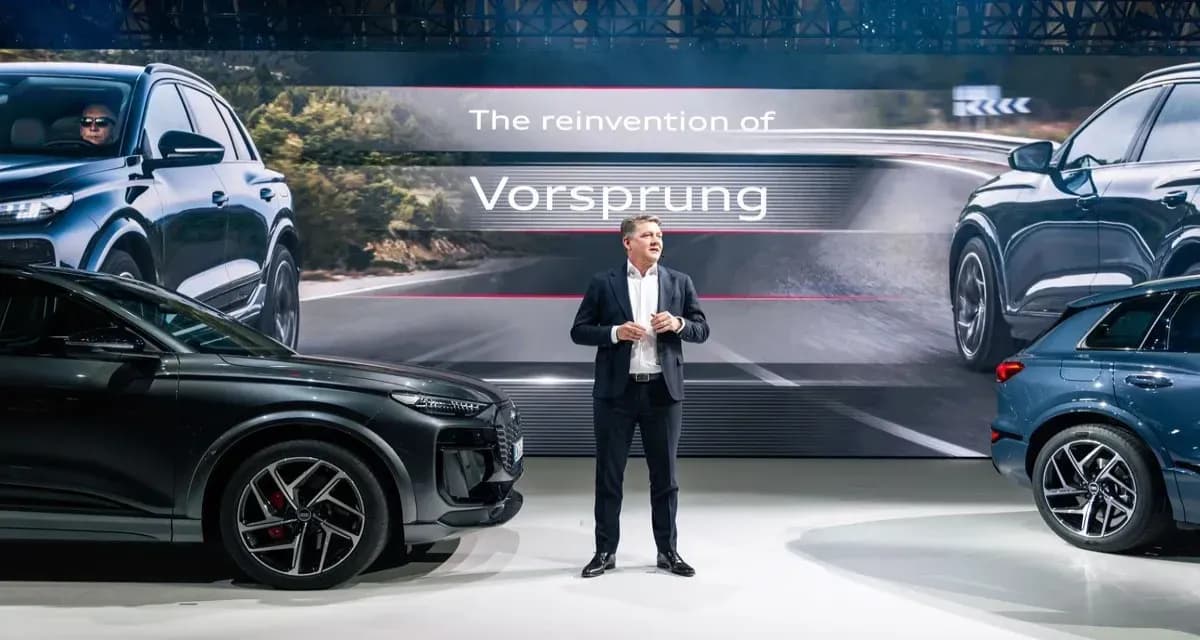Audi reassessed the prior plans to discontinue the ICE car launches after 2026 ends and the EV adoption process is much slower than what it was expected as the relevance of a hybrid powertrain is being more in the given period of time. The already launched ICE cars are slated to be available probably around 2030.
Audi re-thinking the ICE-phase out plans
The next-generation Q7, which was supposed to have been introduced in 2026 and phased out in 2032, was once expected to be Audi's last internal combustion engine vehicle. Audi will "take a look at the life of combustion engines" and "reassess" its previously stated schedule of 2032 to phase out ICE automobiles, CEO Gernot Döllner recently explained during the company's FY2025 earnings call.
More hybrid models inbound for Audi
According to Döllner, it will take longer than Audi anticipated to switch to all-electric powertrains, and in the interim, combustion engines will continue to be a crucial component of hybrid powertrains. Audi responded to the slowdown in EV adoption last year by announcing an extension of its global hybrid lineup, and Döllner's recent remarks support the company's hybrid intentions even more.
Audi willing to extend the ICE lifecycles further
According to Döllner, current Audi ICE vehicles are still expected to be available for purchase until 2030. If there is sufficient demand, Audi is also willing to prolong the lifecycles of ICE cars if laws permit, which Döllner believes will have a "positive impact" on the company's business model.
No more substantial investment planned for the diesel engines
While highlighting the significance of diesel engines in Audi's existing global lineup, Döllner disclosed that the business will not "invest heavily in new diesel generations”.
As long as the automaker can continue to produce and market them, Audi's current TDI engines will be accessible and meet Euro 7 pollution standards. As of right now, Audi's model line in India does not include any diesel engine options.
Conclusion
Audi's move to prolong the life of its ICE vehicles past 2026 reflects the changing dynamics of the auto sector. With less-than-anticipated EV uptake and growing significance of hybrid powertrains, the German carmaker is adjusting its strategy to reconcile market demand and regulatory pressures. Although new diesel engine investments are being reduced, Audi is not ruling out extending ICE production if legislation and consumer demand permit. This re-evaluation emphasizes the company's dedication to flexibility and sustainability while providing a smoother path to an all-electric future.
Also Read:
